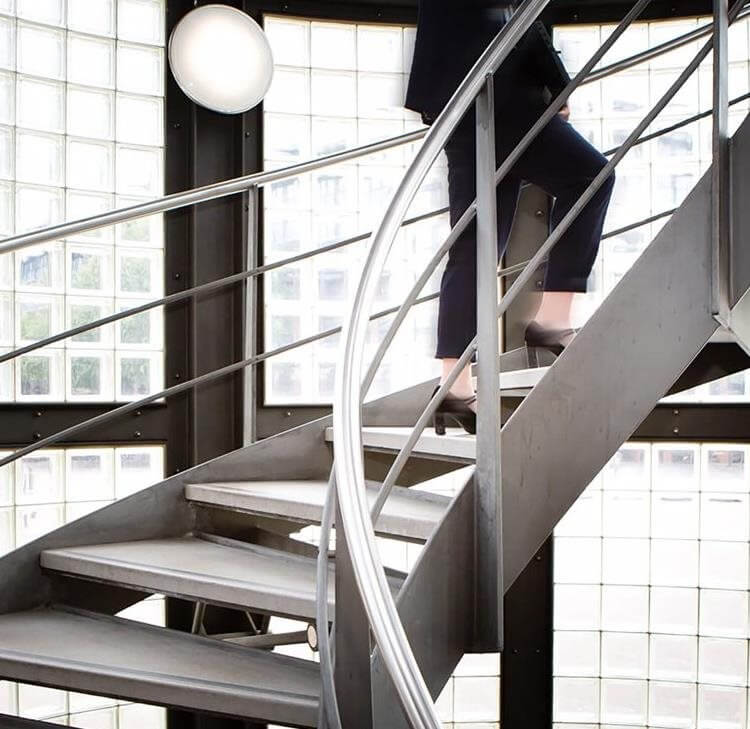In the recent significant case of Tubb & Anor v Rosmellyn Surgery [2025] 5 WLUK 262, the county court provided crucial guidance on the interpretation of the Access to Health Records Act 1990 (AHRA), specifically section 3(1)(f).
Under this section, an application for access to a deceased patient’s health record can be made by “the patient’s personal representative and by any person who may have a claim arising out of the patient’s death”. The question for the court to determine was whether a person, who may not be a personal representative but who has a probate claim, has “a claim arising out of the patient’s death”, thereby entitling them to access the deceased’s medical records.
In short, the court clarified that a probate claim is indeed "a claim arising out of the patient’s death". Therefore, probate claims do fall within the meaning of section 3(1)(f) AHRA and those with a probate claim do have the right to apply for access to the deceased patient's records.
We provide further detail about the case below, together with some thoughts and practical tips for healthcare providers when considering requests for disclosure of medical records.
Background
The claimants, Siobhan Tubb and Melanie Esdale, were two daughters of the deceased, Mrs Sheila Esdale. The deceased had a third daughter, Stephanie Esdale. The deceased died in November 2023.
The deceased had made three wills – one in 2010, one in 2016 and one in June 2023. The 2016 will appointed all three daughters as her executors and left her residuary estate to them in equal shares. The 2023 will appointed Stephanie as sole executor and left the residual estate to her absolutely.
The claimants doubted the validity of the 2023 will and instructed solicitors for advice. The solicitors wrote to Treliske Hospital and the defendant GP surgery, requesting copies of the deceased’s medical records. The letter stated that the request was made pursuant to section 3(1)(f) of the AHRA, and that the claimants were “investigating the possibility of a claim against the Deceased’s estate” (i.e. a probate claim).
Treliske Hospital complied with the request, but the GP surgery didn’t. It argued that contesting a will is not a claim “arising from the death of a patient” and did not therefore fall within section 3(1)(f) of the AHRA. The claimants then brought a claim under section 8 AHRA and sought a court order that the GP surgery must provide the deceased’s medical records.
What did the parties argue?
The claimants argued that section 3(1)(f) AHRA identifies two categories of person who may request access to health records: (1) personal representatives of the deceased; and (2) any person who may have a claim arising out of the death of the deceased. They argued that they fell within the second category, as they had a probate claim to propound the 2016 will (i.e. a claim to prove the validity of that will).
The defendant GP surgery argued that the claimants didn’t fall within the scope of section 3(1)(f) AHRA. They considered that “claims arising from the death of the patient” should be strictly limited to claims by dependents under the Fatal Accidents Act 1976, which involve damages claims for deaths caused by wrongful acts, negligence or default. They argued that section 3(1)(f) does not include probate claims, as these arise out of events during the testator’s lifetime, namely the creation of a will with or without testamentary capacity. The defendant argued there was an insufficient causal connection between the death and the probate claim.
What did the court find?
The judge, District Judge Field, was required to determine the correct interpretation of section 3(1)(f) of the AHRA. He said that the words “arising out of” [the patient’s death] mean something wider than directly caused by, but more than “associated with” or “concomitant with”. In his view, the death of the patient should:
- have a degree of causal connection with the claim; and
- be a necessary ingredient without the which the claim cannot be brought.
He decided that there is a degree of causal connection between the death of a testator and a probate claim. A probate claim cannot be brought whilst the testator is alive, because there is no entitlement to a grant of probate in these circumstances. The deceased’s death is a necessary ingredient to the probate claim. There is a very significant degree of causal connection between the death and the probate claim.
Accordingly, the claimants’ proposed probate claim “arises out of” the death of the deceased and falls within the meaning of Section 3(1)(f) of that Act, thereby entitling them to access the deceased’s records.
What does this mean for healthcare providers and/or holders of medical records?
This case is helpful to healthcare providers because it clarifies that a person who has a probate claim will be entitled to apply for access to a deceased patient’s health records under the AHRA.
In all likelihood, records will have been released to people with these types of claim in the past, but this case confirms that that is the correct approach. However, it is important to remember that under s.5(4) AHRA, access should not be given to any part of the record which, in the opinion of the record holder, would disclose information which is not relevant to the claim.
The defendant GP surgery tried to argue that it would be unreasonable to expect GPs and other medical record holders to form a view on which records may be relevant to a contentious probate action and therefore, which records to disclose and which to withhold under s.5(4) AHRA. However, the judge rejected this argument and said that the record holder’s obligation under section 5(4) is not to determine which information is relevant to a particular claim, but rather to withhold disclosure where it considers that a particular part of the record is not relevant.
The judge went on to say that if a record holder is in doubt over whether disclosure of a particular part of a record should be withheld then they should either:
- err on the side of caution, withhold disclosure and leave the applicant to make an application to court under section 8 AHRA for specific disclosure; or
- make its own application to court pursuant to section 3(6) to determine whether a particular part of a record should be disclosed.
The judgment doesn’t say what evidence should be provided to a healthcare provider to prove that there is a probate claim, but NHS England guidance on 'Access to the health and care records of deceased people' (December 2024) says that evidence about the nature and basis for the claim should be provided.
It’s worth remembering that the AHRA includes additional exclusions for records disclosure in other circumstances. Under section 4(3), access can be wholly excluded if the records include a note, made at the patient’s request, that they did not wish access to be given. Section 5 allows exclusion to any part of the records if disclosure would:
- likely cause serious physical or mental harm to any individual;
- reveal information relating to or provided by an individual (not the patient), from which that person could be identified; or
- disclose information that the patient expected would remain confidential.
Contact

Lorna Hardman
Partner
lorna.hardman@brownejacobson.com
+44 (0)115 976 6228




























